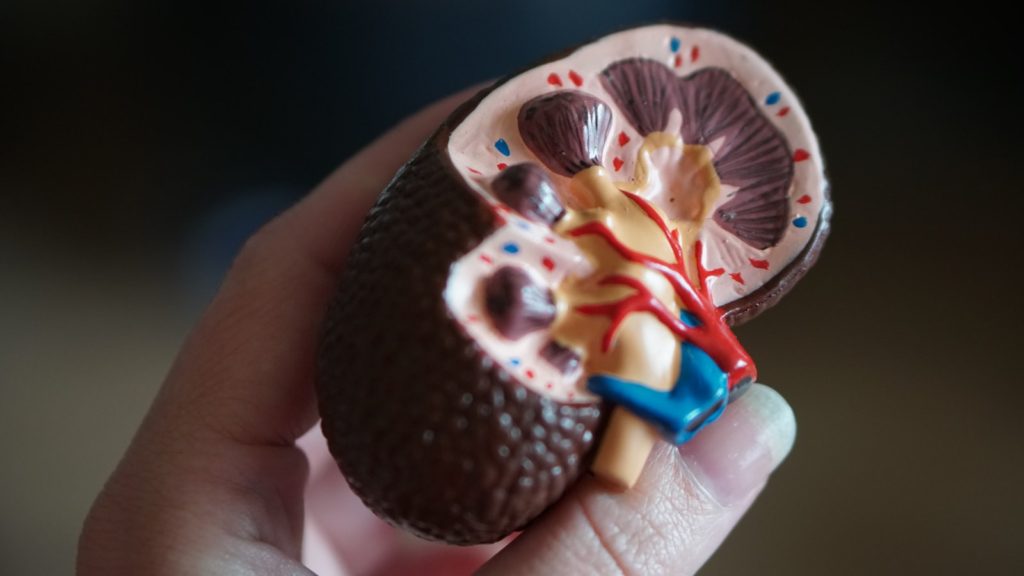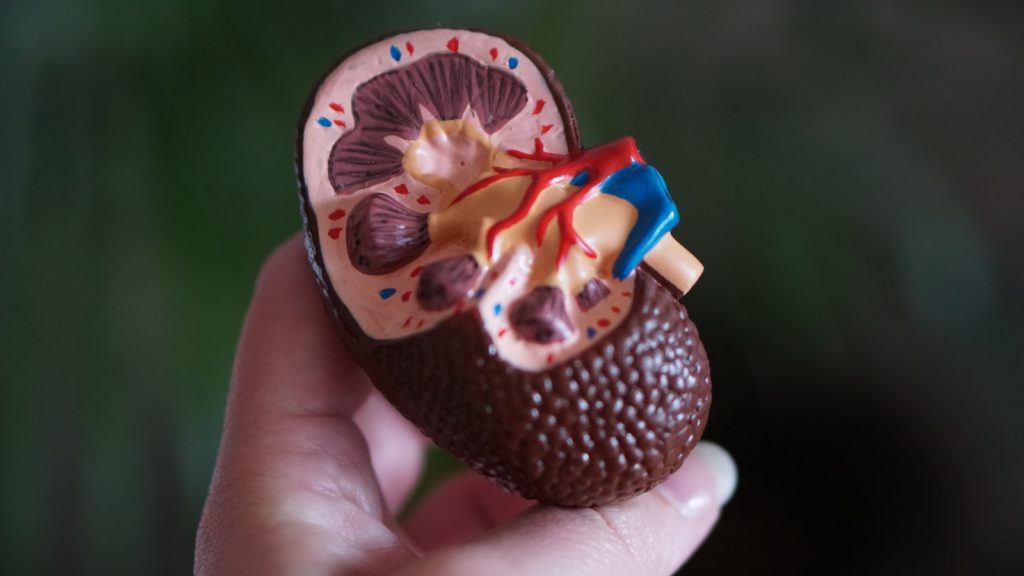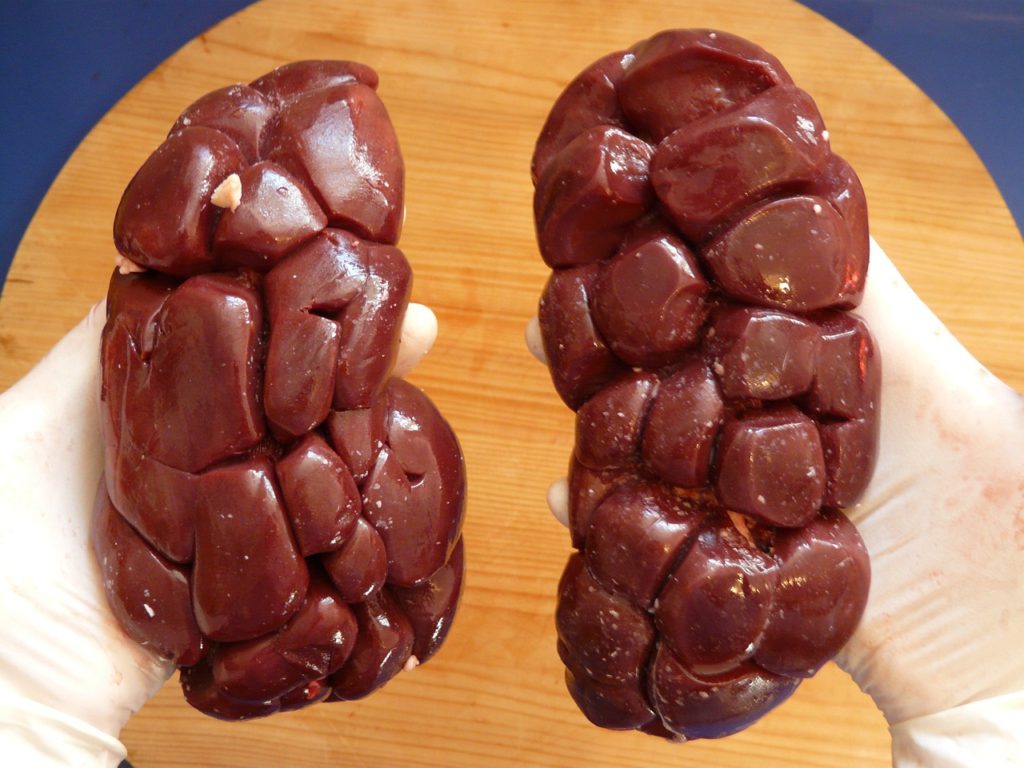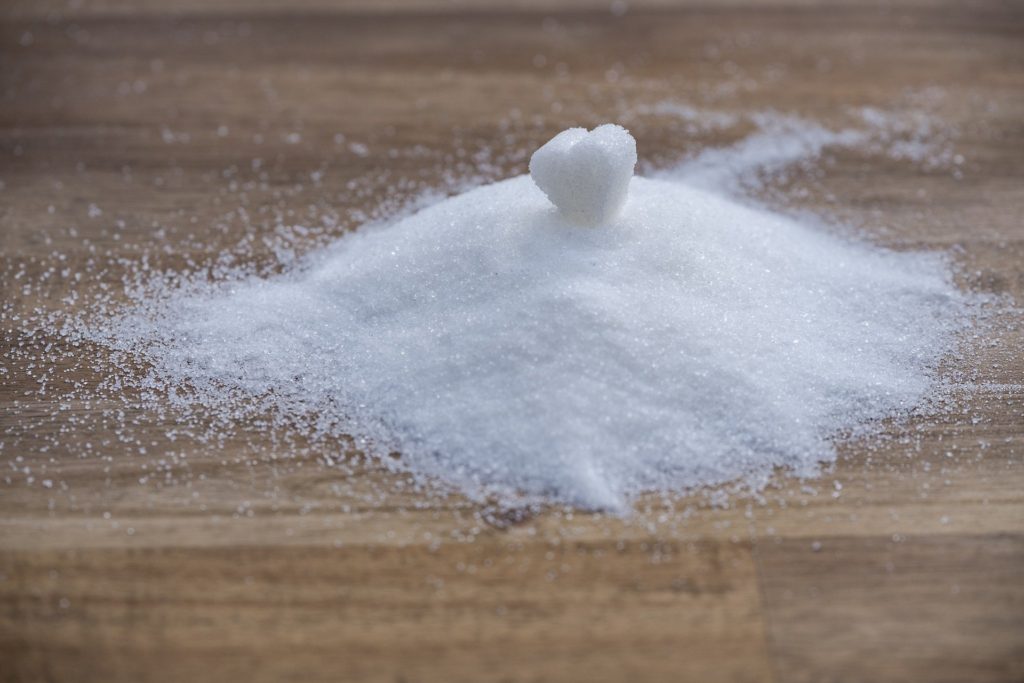Keto isn’t bad for your kidneys when done right.
But, as keto diets gain in popularity, more and more people worry about their effects on the kidneys.
Ketogenic diets are low-carb diets that offer your body a chance to burn fat for energy instead of glucose (sugar.)
This is in contrast to traditional low-fat diet plans, which usually promote eating low calories instead of eating fewer carbs.
And, in this article, I’ll discuss if the keto diet is bad for your kidneys or not.
What is a Ketogenic Diet?
A ketogenic diet is a low-carb diet where you consume small amounts of carbs and high amounts of fats to cause your body to burn fat as fuel instead of carbs.
This diet is great for those that are looking to lose weight, as it reduces insulin levels in your body, which is associated with increased fat storage.
This type of diet is also great for improving blood sugar and reducing the risk of metabolic syndrome, type 2 diabetes, Parkinson’s disease, Polycystic Ovary Syndrome, and many other conditions.
There are many different variations of a ketogenic diet, but all of them have the same goal in mind: by drastically cutting down on carbs, your body will start to use fatty acids as fuel and you will lose weight quickly without feeling hungry.

What Causes Kidney Issues?
The most common issue for the kidneys is kidney stones, which are formed when mineral crystals are excreted from your kidneys into your urine.
They are very common in people with poor kidney function but can occur in people with healthy kidneys as well.
Kidney stones are often caused by diabetes, high blood pressure, and obesity.
Certain medications, such as beta-blockers, corticosteroids, and certain antibiotics may also increase your risk for kidney stones.
Other causes include proteinuria, decreased hydration, and blockage of the urinary tract.
Are High-Protein Diets (Atkins) Bad for Your Kidneys?
Excess protein consumption can lead to kidney acidosis or renal failure. This is because eating a lot of animal proteins, which are high in citrates, increases citric acid in your kidneys. This would increase the risk that acidosis occurs in your kidneys.
It’s best to consume protein in moderation, but if you are following a high protein diet, you might want to have a chat with your doctor first to make sure your kidneys are up for it.
Protein is very important for building new tissues and keeping your body running, but excess intake can lead to kidney problems.

Is Keto Bad for Your Kidneys?
Keto is not bad for your kidneys because keto is a moderate protein diet. Eating excess protein may lead to kidney acidosis, but since the keto diet is moderate in protein, this is not an issue.
A ketogenic diet can be very beneficial for your body and can offer many health benefits, but if you eat too much protein instead of fat, it can possibly harm your kidneys.
Should You Follow a Ketogenic Diet?
Yes!
The ketogenic diet is a great diet for people trying to lose weight without being hungry.
It has also been shown to give many other benefits like:
- Increased energy
- Increased focus
- Reduced inflammation
- Reduced metabolic syndrome

Conclusion
A ketogenic diet is high in fat and very low in carbohydrates.
This diet can be very beneficial for your body and kidneys.
But, if you go over your protein limit, you may unintentionally damage your kidneys.
However, if you follow it correctly, you won’t cause any harm to your kidneys.
If you have any other questions about the keto diet and its side effects, you can read my article here.
Hope this helped!
- How to Make a Layer Cake at Home - June 1, 2023
- Can You Still Lose Weight If You Aren’t in Ketosis? - February 8, 2023
- Can the Keto Diet Help With Depression? - February 8, 2023




